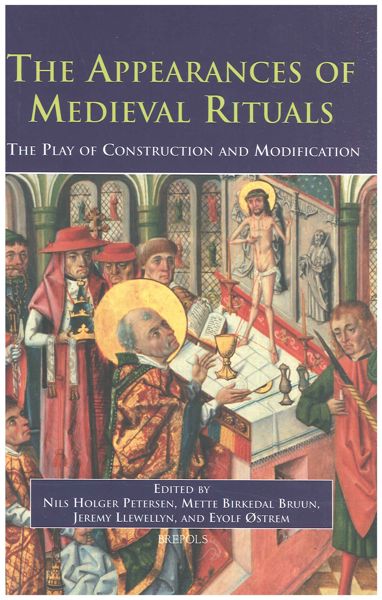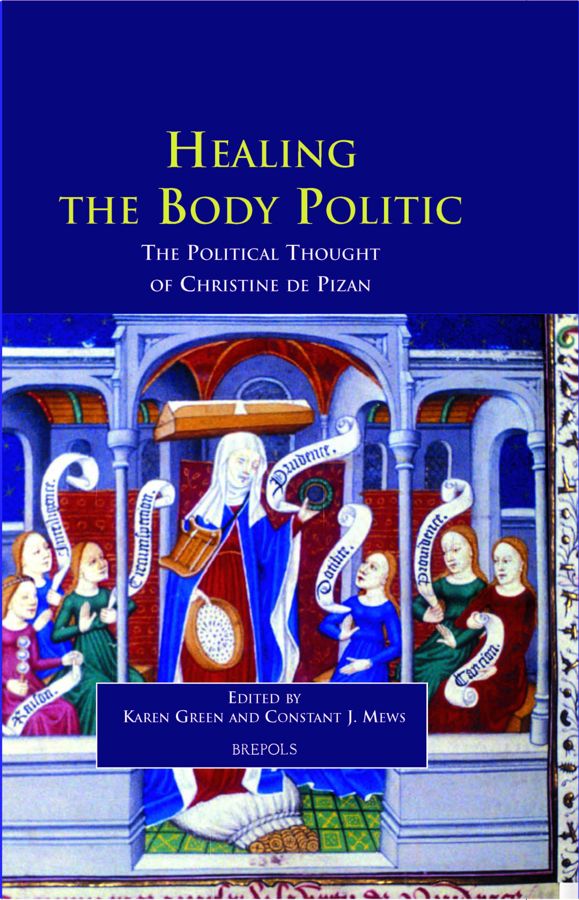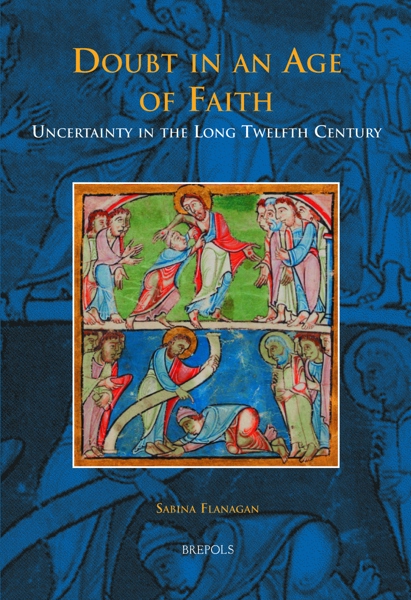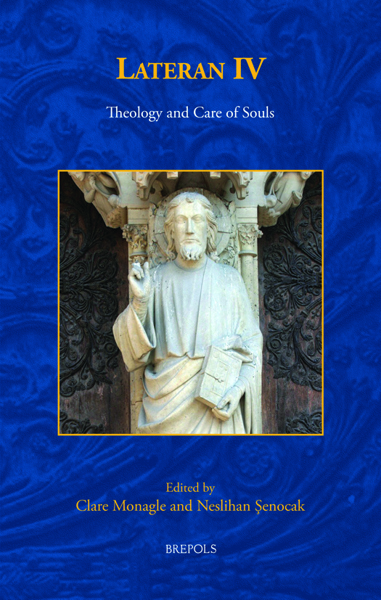
Healing the Body Politic
The Political Thought of Christine de Pizan
Karen Green, Constant Mews (eds)
- Pages: 266 p.
- Size:160 x 240 mm
- Language(s):English
- Publication Year:2005
- € 35,00 EXCL. VAT RETAIL PRICE
- ISBN: 978-2-503-51636-3
- Hardback
- Available
- € 35,00 EXCL. VAT RETAIL PRICE
- ISBN: 978-2-503-53755-9
- E-book
- Available
This book offers new insights into Christine de Pizan (1364-1431) as a political writer and provide an important resource for those wishing to understand her political thought.
"If the true mark of excellence for a critical work lies in its ability to make us return to the original sources, this collection of essays excels indeed. The insights and perspectives of Healing the Body Politic will lead many to reread Christine de Pizan with a new appreciation for her original and subtle mind." (A. Williams Lewin, in: The Medieval Review, 07.09.17)
Christine de Pizan (1364-1431) has been recognised as a poet, early humanist and feminist precursor but rarely as political theorist whose works were intended to have a direct impact on the tumultuous politics of her time. The essays in this collection focus on Christine as a political writer and provide an important resource for those wishing to understand her political thought. They locate her political writing in the late medieval tradition, discussing her indebtedness to Aristotle, Aquinas and Augustine as well as her transformations of their thought. They also illuminate Christine’s ‘political epistemology’ her understanding of political wisdom as a part of theology, the knowledge of God. New light is thrown on the circumstances which prompted Christine to write on political issues and on her attitude to Isabeau of Bavaria. These essays show that Christine’s originality consisted in her capacity to modify and feminise the tradition of Christian Aristotelianism through the use of elements of Christian imagery, in particular Mariology, in order to construct an image of the virtuous and prudent monarch which had lost the explicitly manly and warlike character of the Aristotelian phronimos. This reconfigured image of the monarch lent itself to the extension which she developed in her more feminist works, which demonstrated the prudence of women and their capacity, in times of need, to function as authoritative political figures.




